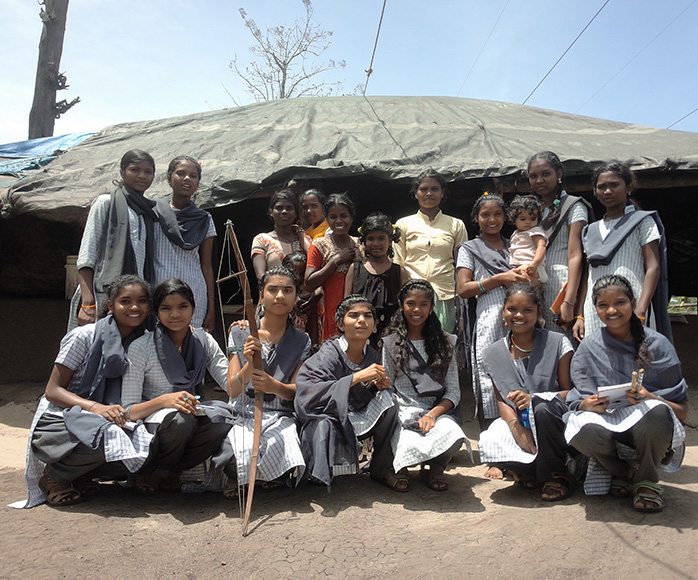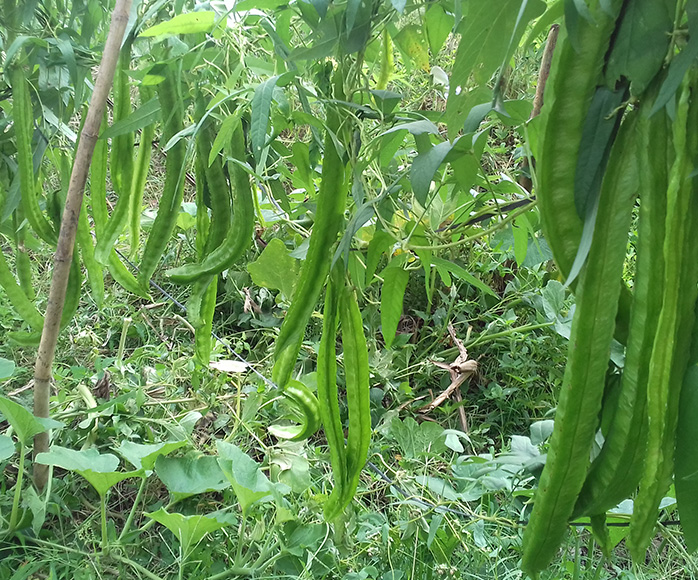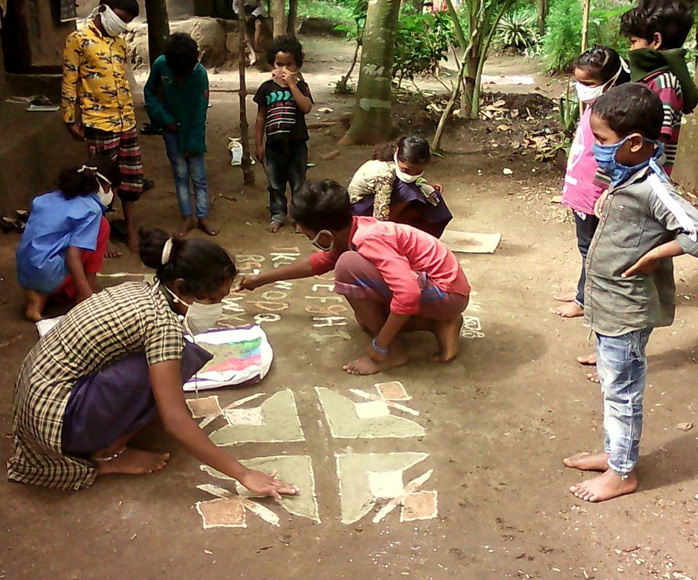Pipal Tree
Pipal Tree attempts to create a symbiosis of the personal, the social and the ecological that leads to sustainable development practices.
In the past sustainable development was concerned with inclusive approaches that underscored social justice. Today we have the added challenge of climate change. Things have come to such a pass that we realise that the survival of the human species demands that we immediately adopt a nurturing and respectful attitude to our planet. This calls for a new vision of sustainable development.
The organisation was established in 1984 by a group of alternative development practitioners and socially engaged thinkers.
Our office is located at the ecologically inspired campus known as 'Fireflies Intercultural Centre' that is located in a village 30 kilometres outside Bangalore, India.
Our mission is to provide equal opportunity to promote peace and harmony, sustainable development and climate justice, gender sensitivity and exhilarate participatory democracy from the perspective of the poor and excluded.
Pipal Tree’s vision is to create a symbiosis of the personal, social, economic,cultural and ecological dimensions that lead to sustainable development practices.
Pipal Tree puts down the following as its purpose in society: In a world that is globalising at a rapid pace, Pipal Tree is acutely conscious of the millions of people who live below the poverty line and the serious ecological consequences that our present development paradigm engenders. It is important to ensure that the development practices are sustainable, as a large number of human communities are under threat from climate change, not to mention the extremely fragile state of biodiversity. Pipal Tree also believes that it cannot achieve the necessary social and environmental objectives if an alternative understanding of ‘the good life’ is not developed. The values needed for sustainable societies have to do with voluntary simplicity and cooperation, a thoughtful and pro-active consideration of the needs of those who are poor and who have been discriminated against, and a nurturing relationship to the environment.”



